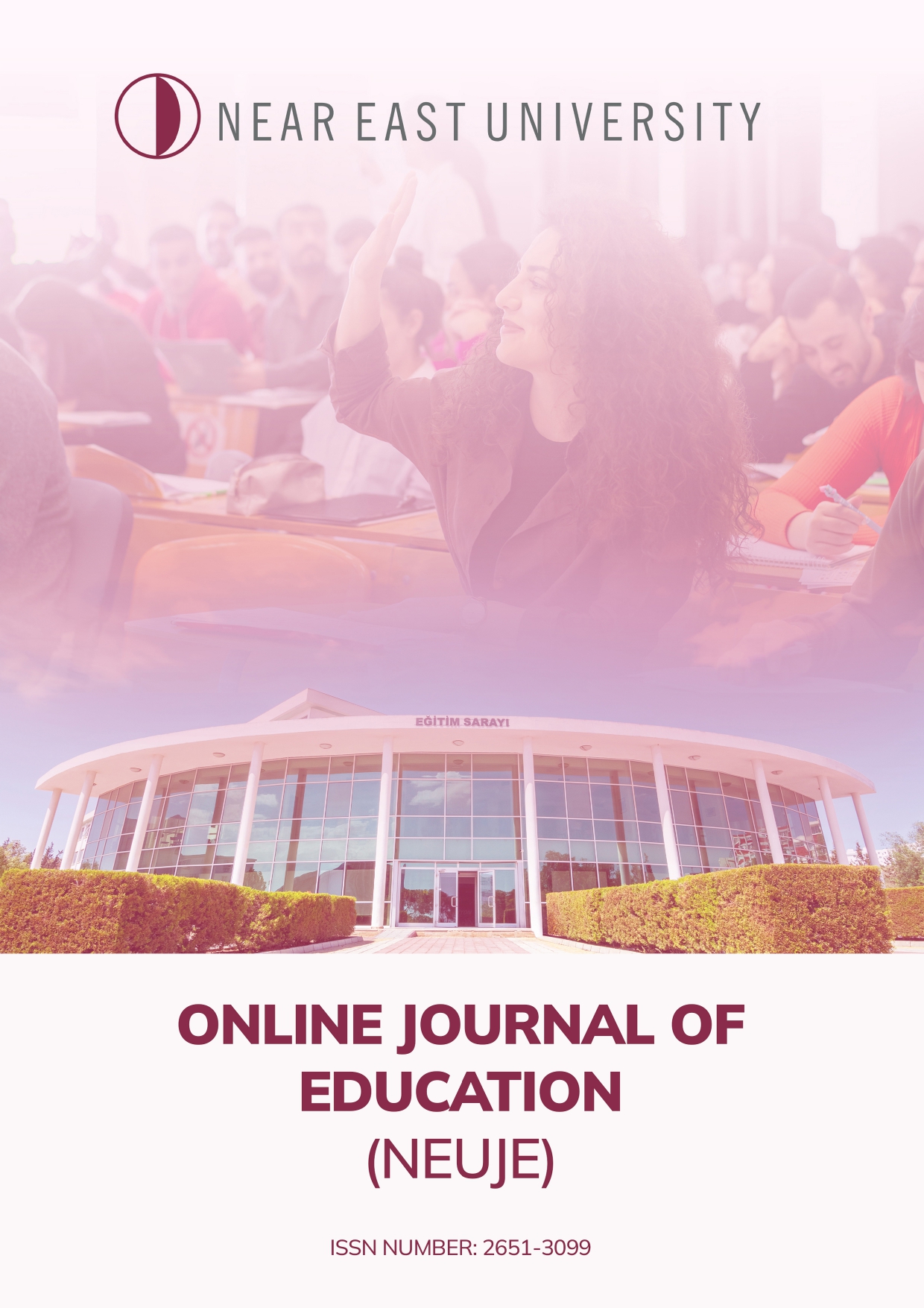EVALUATION OF TEACHERS' OPINIONS ON INTERINSTITUTIONAL COOPERATION IN EDUCATION FOR ALL
Keywords:
non-governmental organizations, institutions, cooperation, social responsibility, education economy, education for all.Abstract
This research was conducted in 2023 with 18 teachers and administrators who were actively working in schools. In the name of education, schools are not only about students; it also contributes to the real or legal persons with whom it interacts and cooperates. Projects that serve the educational purposes of schools are sometimes provided with the initiative of schools. These projects can contribute by meeting the financial needs of different institutions. This research was conducted using the qualitative research method. Participants revealed what they think about institutions that will contribute to education for everyone. As a result of the research, it was revealed that teachers working in TRNC public primary schools cooperate with various institutions and organizations. It has been concluded that inter-institutional cooperation, where many of the studies vary depending on school needs and objectives, contributes to education for everyone. It has been revealed through participant opinions that schools carry out educational curricula together with public institutions and organizations and that these services contribute positively to everyone through mutual interaction. Conducting a "needs analysis" regarding the nature of the services that non-governmental organizations provide to schools in the name of social responsibility, while schools cooperate with other institutions; It has been concluded that it will contribute to the first goal being "educational goals" and will enable more qualified projects to be put forward. While collaborating institutions and organizations also contribute to the development of a higher quality institutional image in the schools where primary school children are educated; Schools also contribute to the institutions and organizations they cooperate with. In this sense, it will be more beneficial to increase the awareness levels of school leaders, volunteers in cooperation with non-governmental organizations, local government bodies and employees working in public institutions and organizations, with the idea of "education for all" and their contribution to social and economic development through inter-institutional cooperation.
Published
How to Cite
Issue
Section
License
Authors who publish with this journal agree to the following terms:





